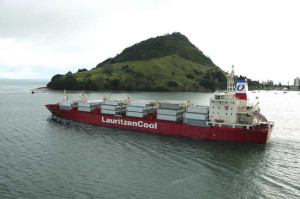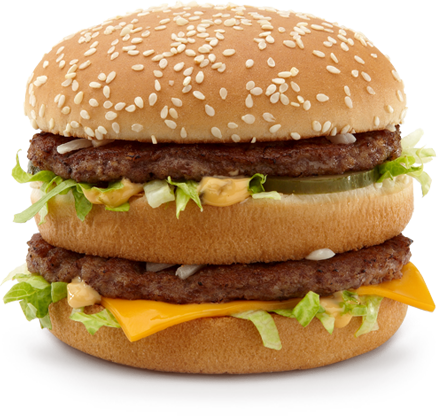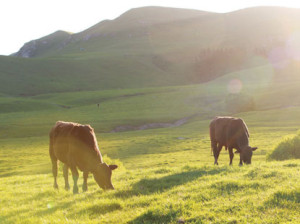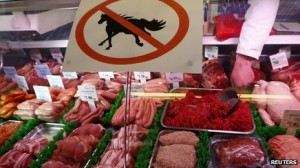 Today I begin three weeks of research interviews in Europe on how to increase the value of New Zealand food exports by communicating the “credence attributes” to consumers (see current research for more information). “Credence” means things like our clean green image, animal welfare, food safety or anything else you can’t experience by consuming the product.
Today I begin three weeks of research interviews in Europe on how to increase the value of New Zealand food exports by communicating the “credence attributes” to consumers (see current research for more information). “Credence” means things like our clean green image, animal welfare, food safety or anything else you can’t experience by consuming the product.
I will try to share some of the experiences that won’t be so easy to describe in a written research report, and also encourage readers to make comments, as many of you will have had your own experiences and thoughts that can add to this.
If you want to follow this then please like this on Facebook or subscribe to my page nicleesagrifood.com
Credence: belief as to the truth of something: in other words attributes that need to be taken on trust, you cant experience them in the product as you can with taste or appearnance



